Congratulations to Dr. Orlanda Harvey in the Department of Social Sciences & Social Work, Dr. Pramod Regmi in the Department of Nursing Science and FHSS Visiting Faculty Jillian Ireland, Professional Midwifery Advocate in Poole Maternity Hospital (UHD/University Hospitals Dorset NHS Foundation Trust) whose paper ‘Co-authors, colleagues, and contributors: Complexities in collaboration and sharing lessons on academic writing‘ was published today.[1] 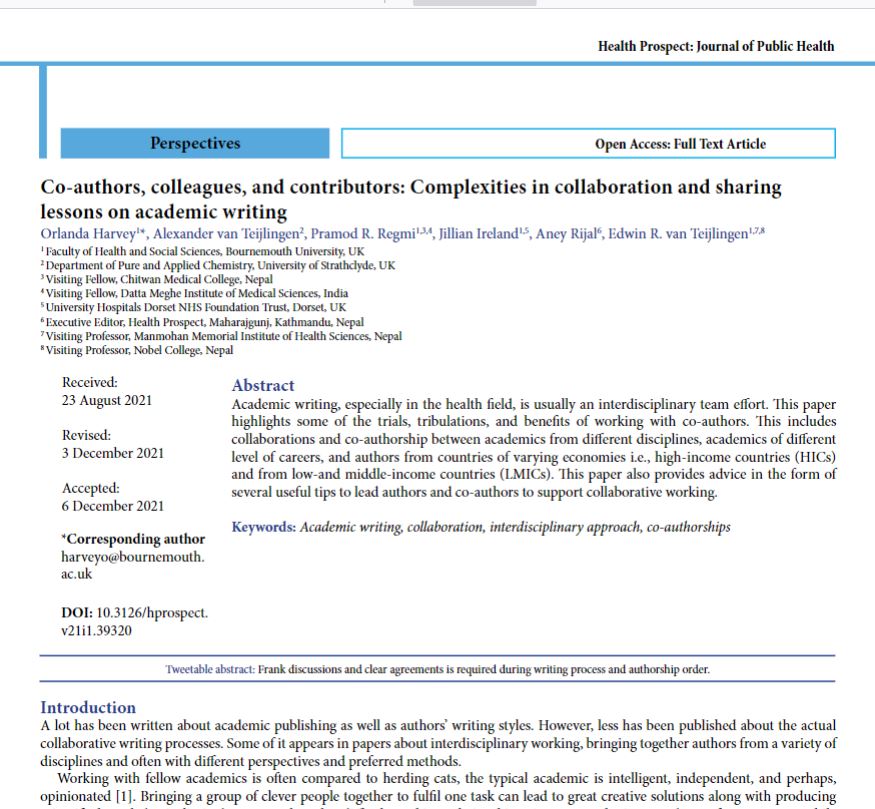
The paper argues that academic writing, especially in the health field, is usually an interdisciplinary team effort. It highlights some of the trials, tribulations, and benefits of working with co-authors. This includes collaborations and co-authorship between academics from different disciplines, academics of different level of careers, and authors from countries of varying economies i.e., high-income countries (HICs) and from low-and middle-income countries (LMICs). This paper also provides advice in the form of several useful tips to lead authors and co-authors to support collaborative working. Our other co-authors are: Aney Rijal, postgraduate student and Executive Editor of the journal Health Prospect based in Nepal, and Alexander van Teijlingen postgraduate student in the Department of Pure and Applied Chemistry (University of Strathclyde, Glasgow, Scotland).
Prof. Edwin van Teijlingen
Centre for Midwifery, Maternal & Perinatal Health
Reference:
- Harvey, O., van Teijlingen, A., Regmi, P.R., Ireland, J., Rijal, A., van Teijlingen, E.R. (2022) Co-authors, colleagues, and contributors: Complexities in collaboration and sharing lessons on academic writing Health Prospect 21(1):1-3.
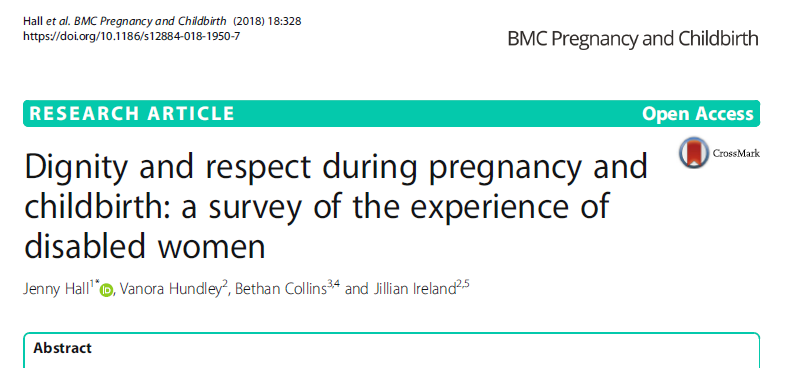
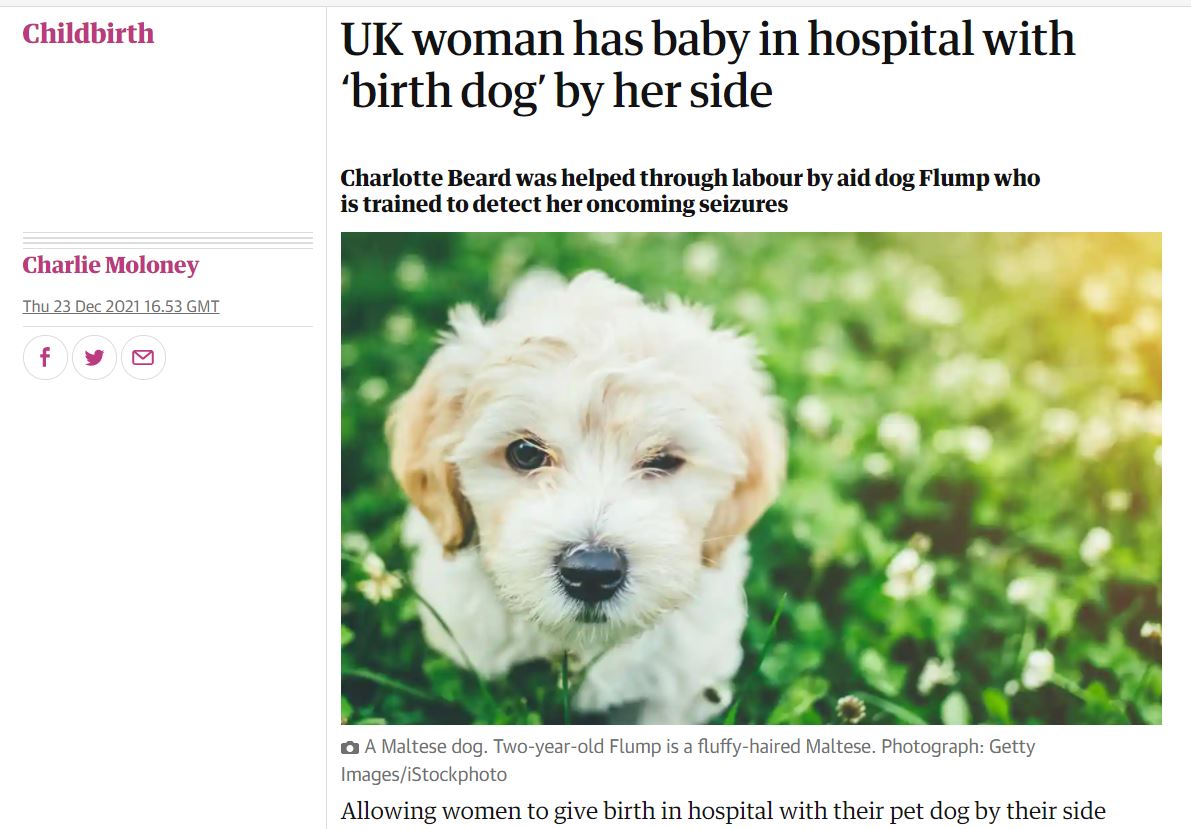
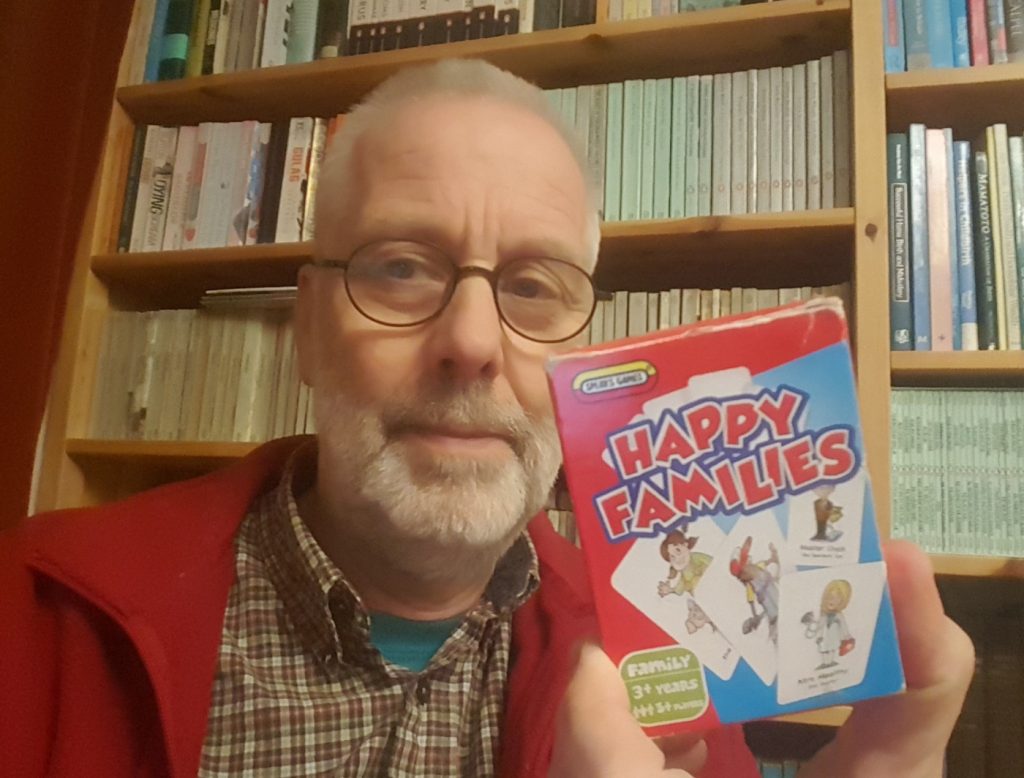
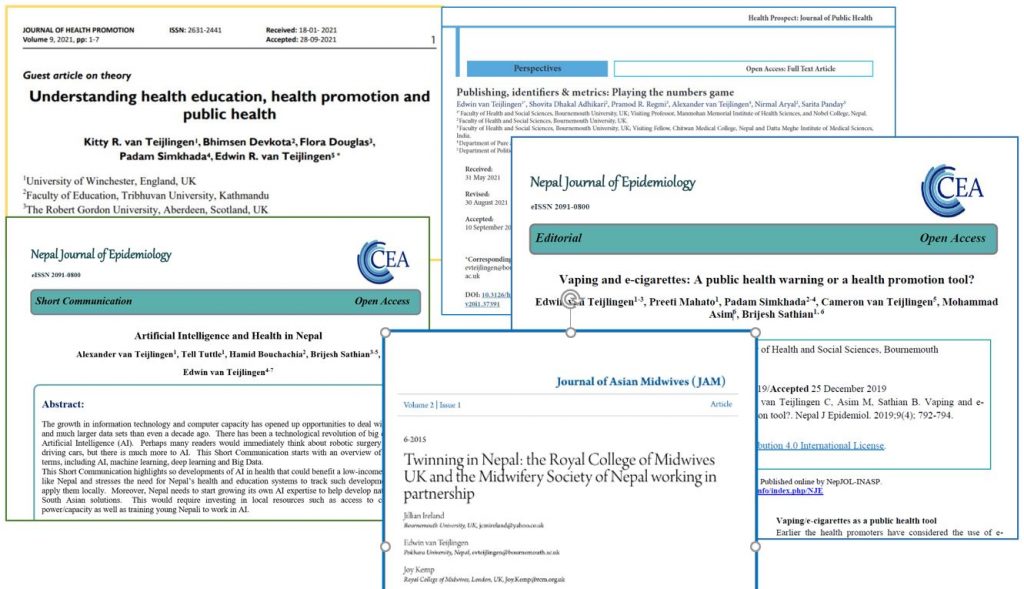

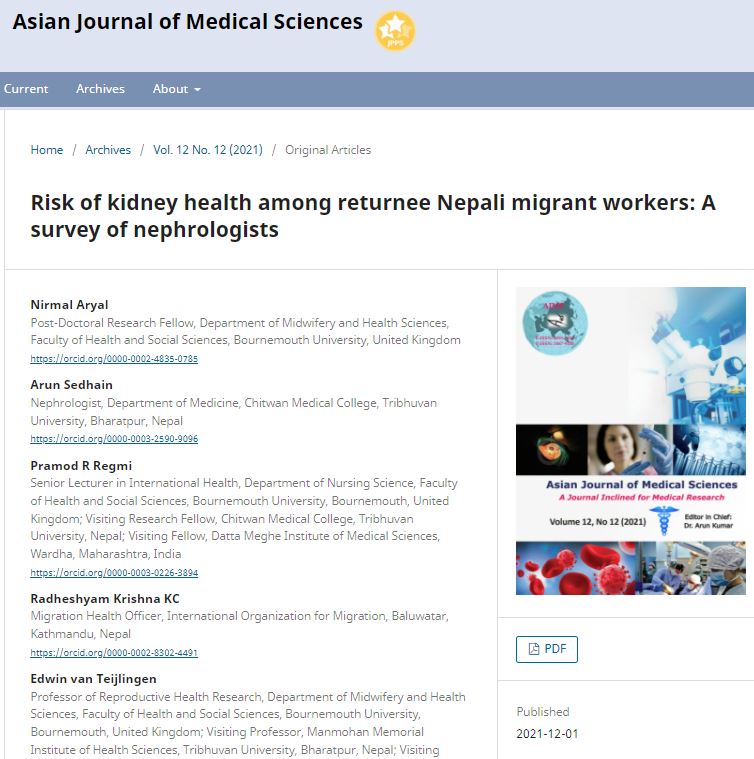

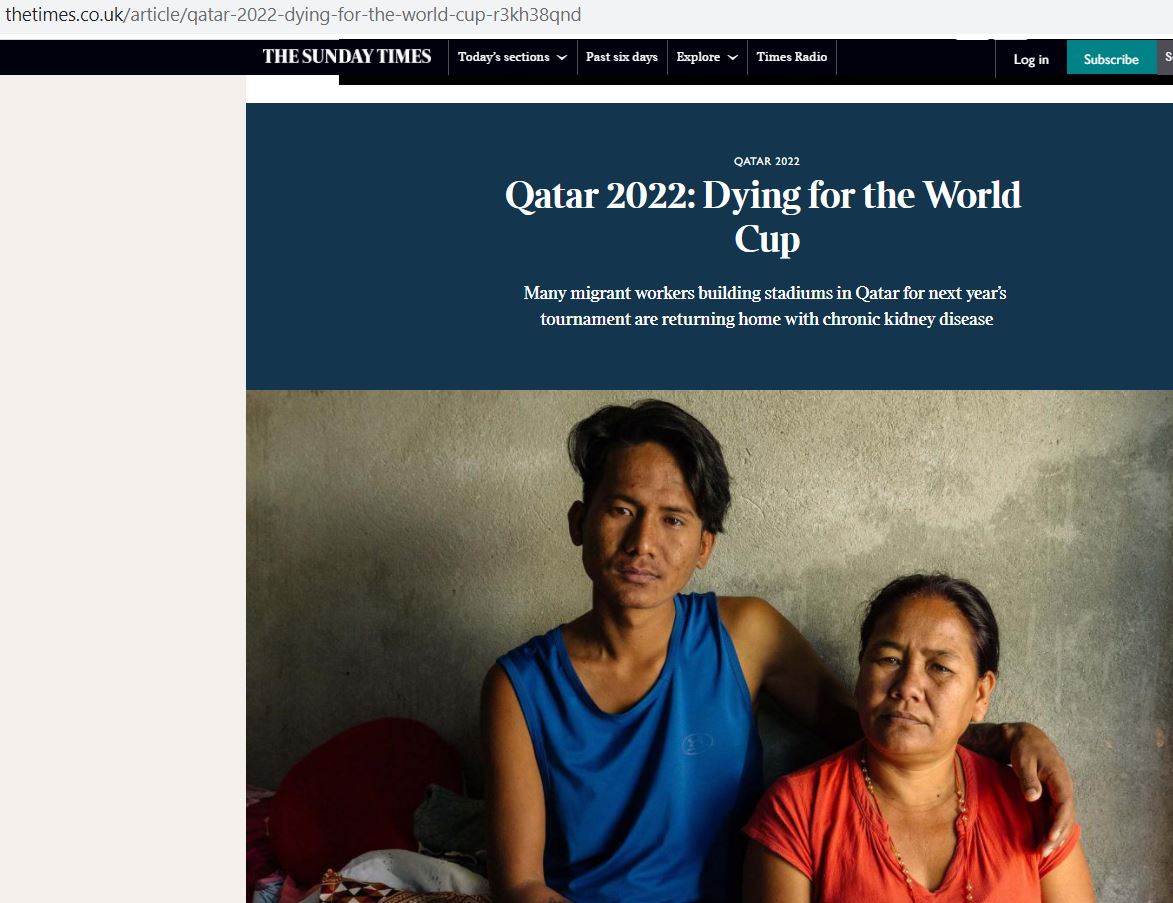
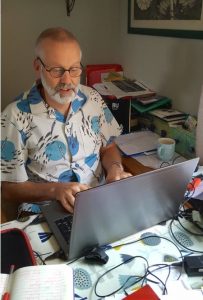
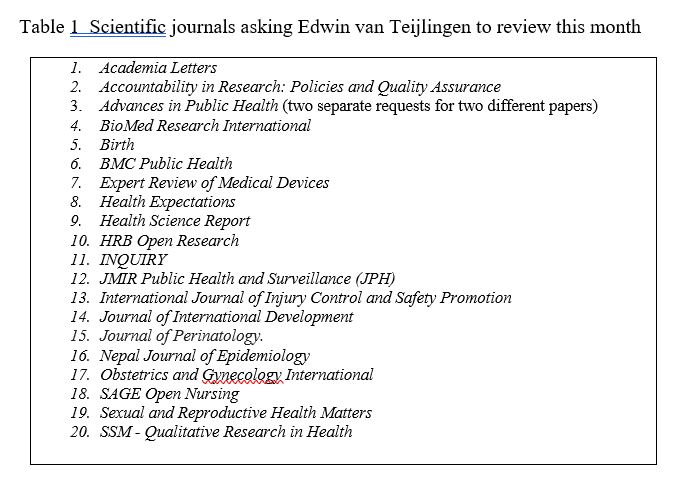

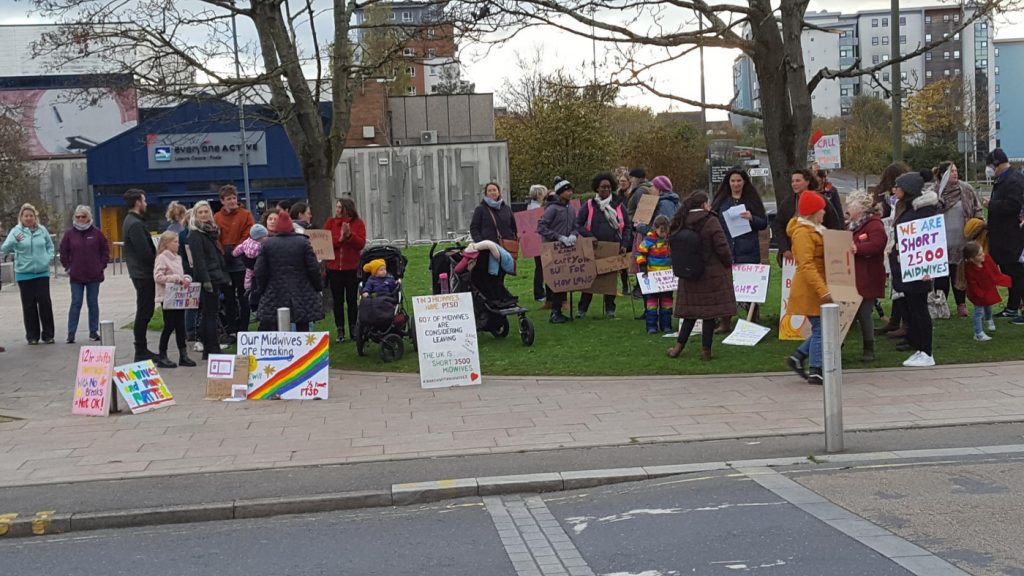
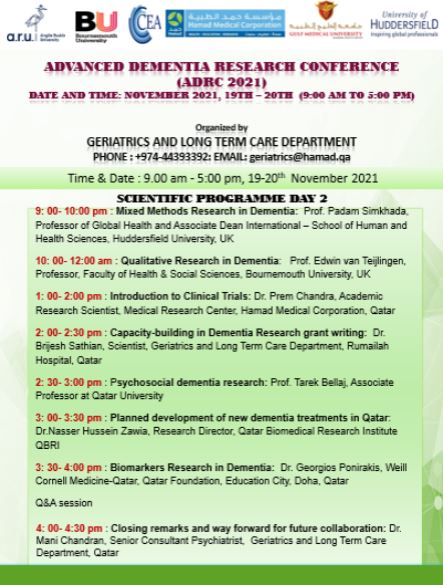
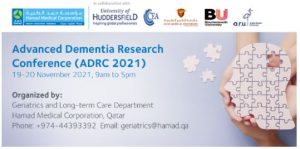
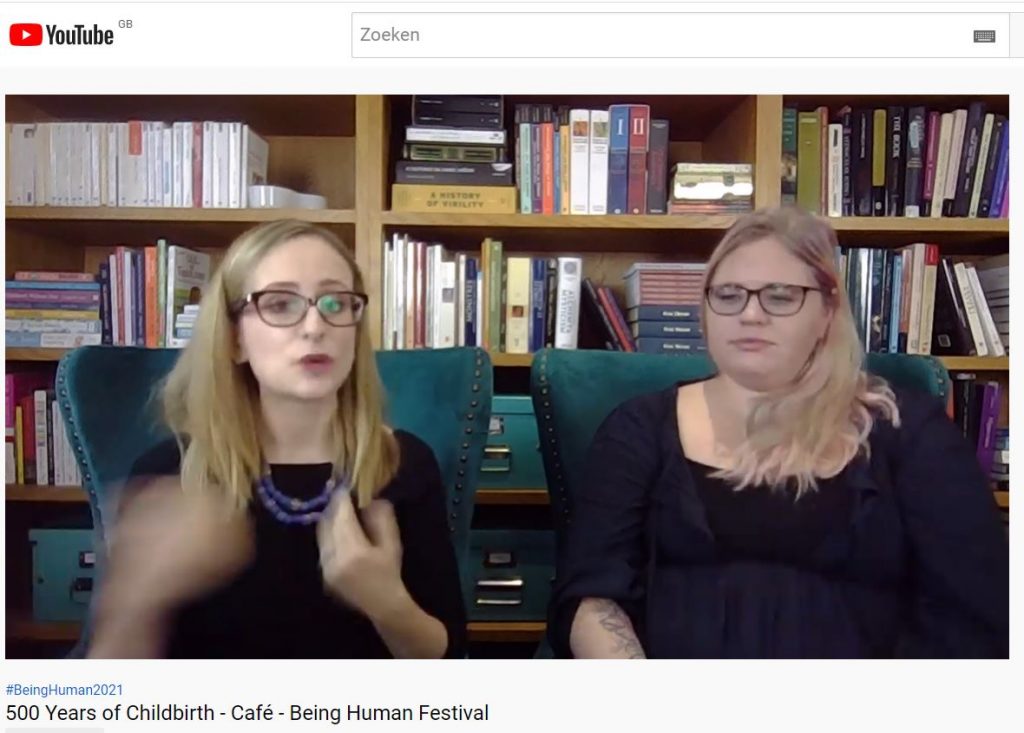
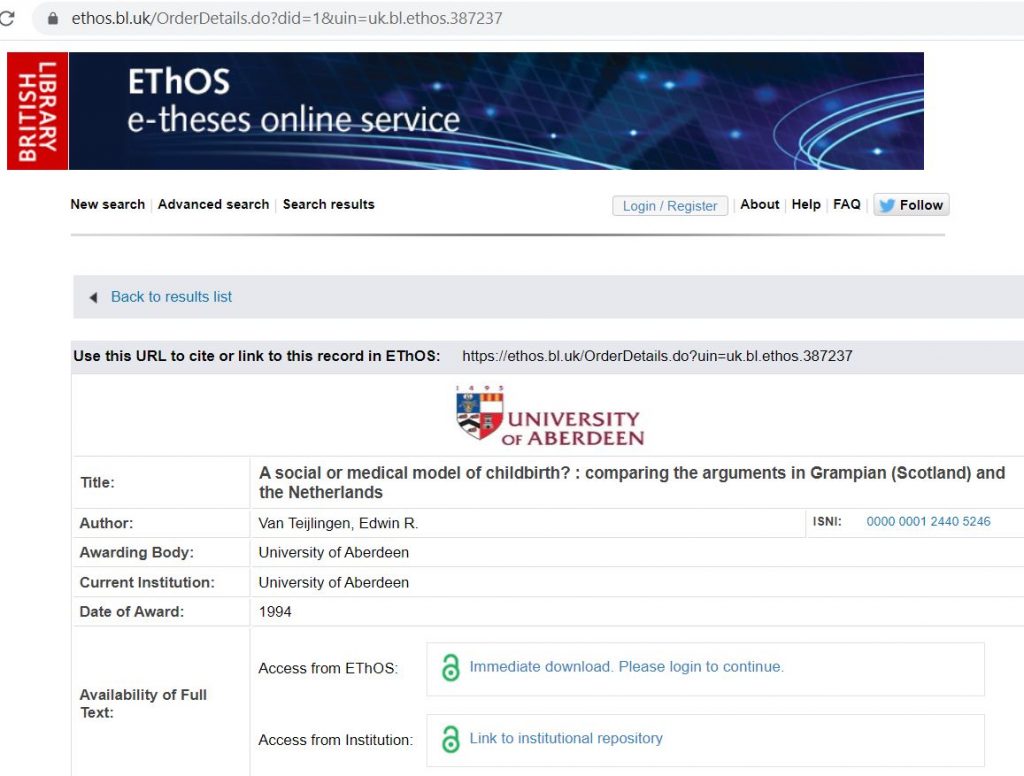
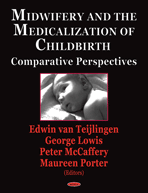
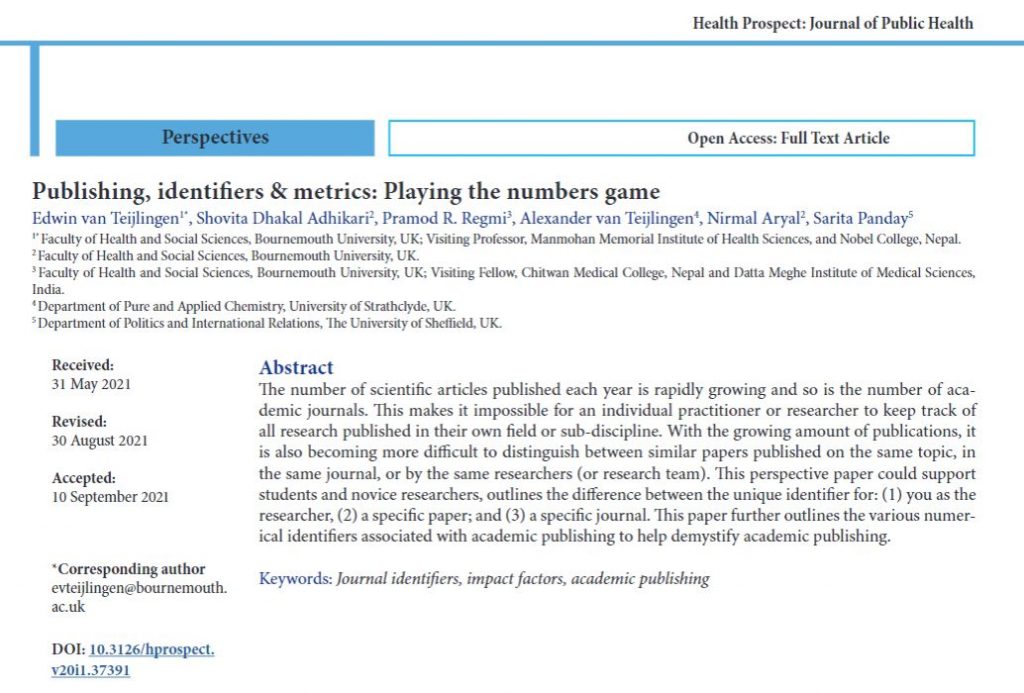
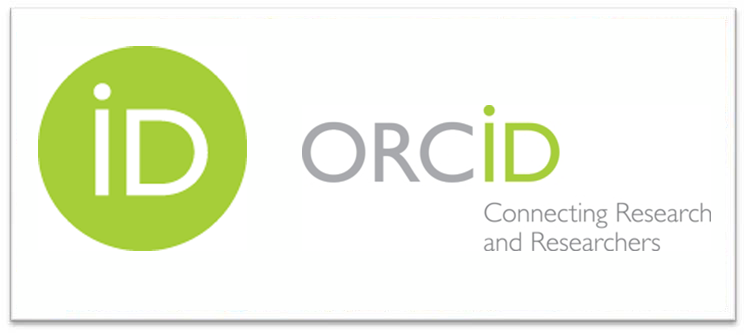

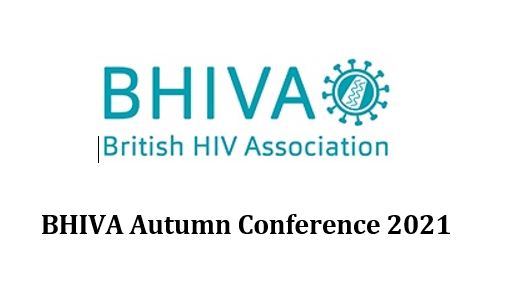


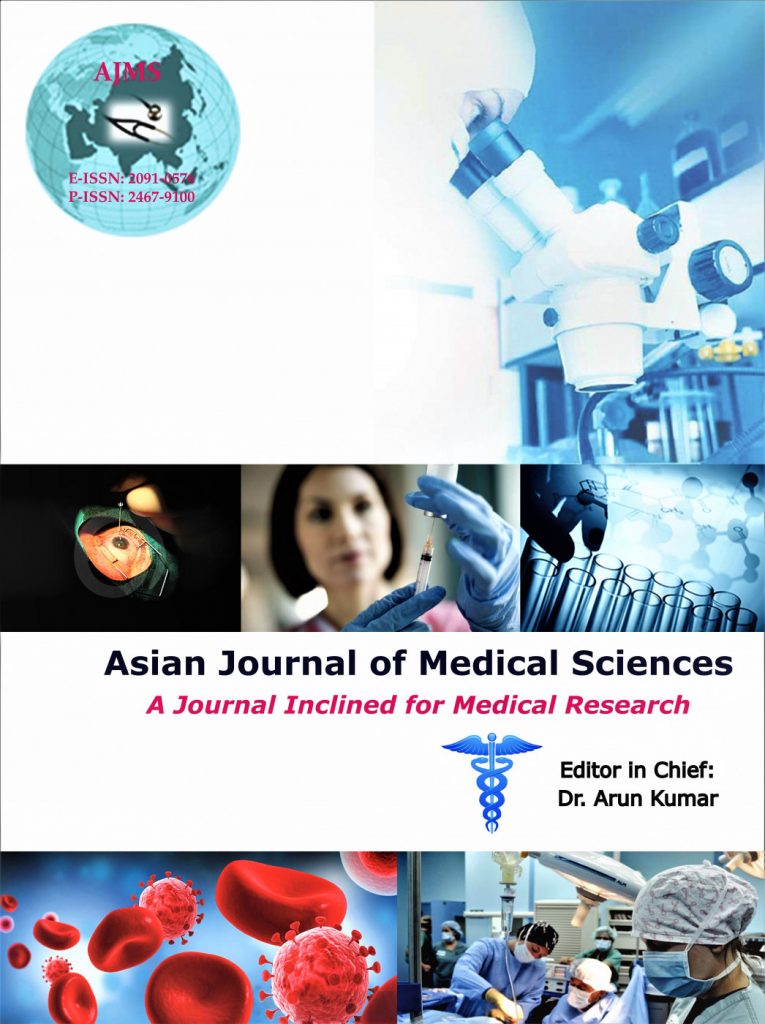
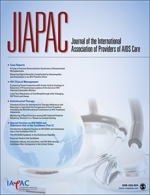

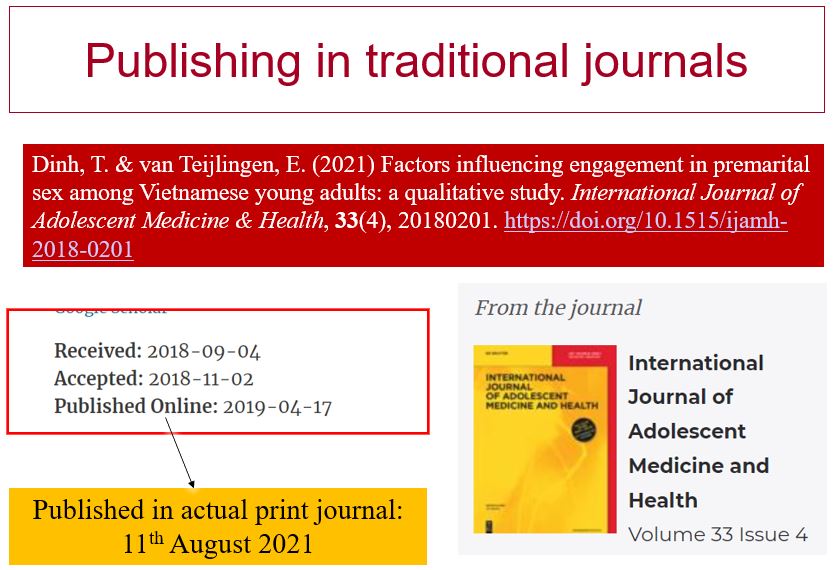
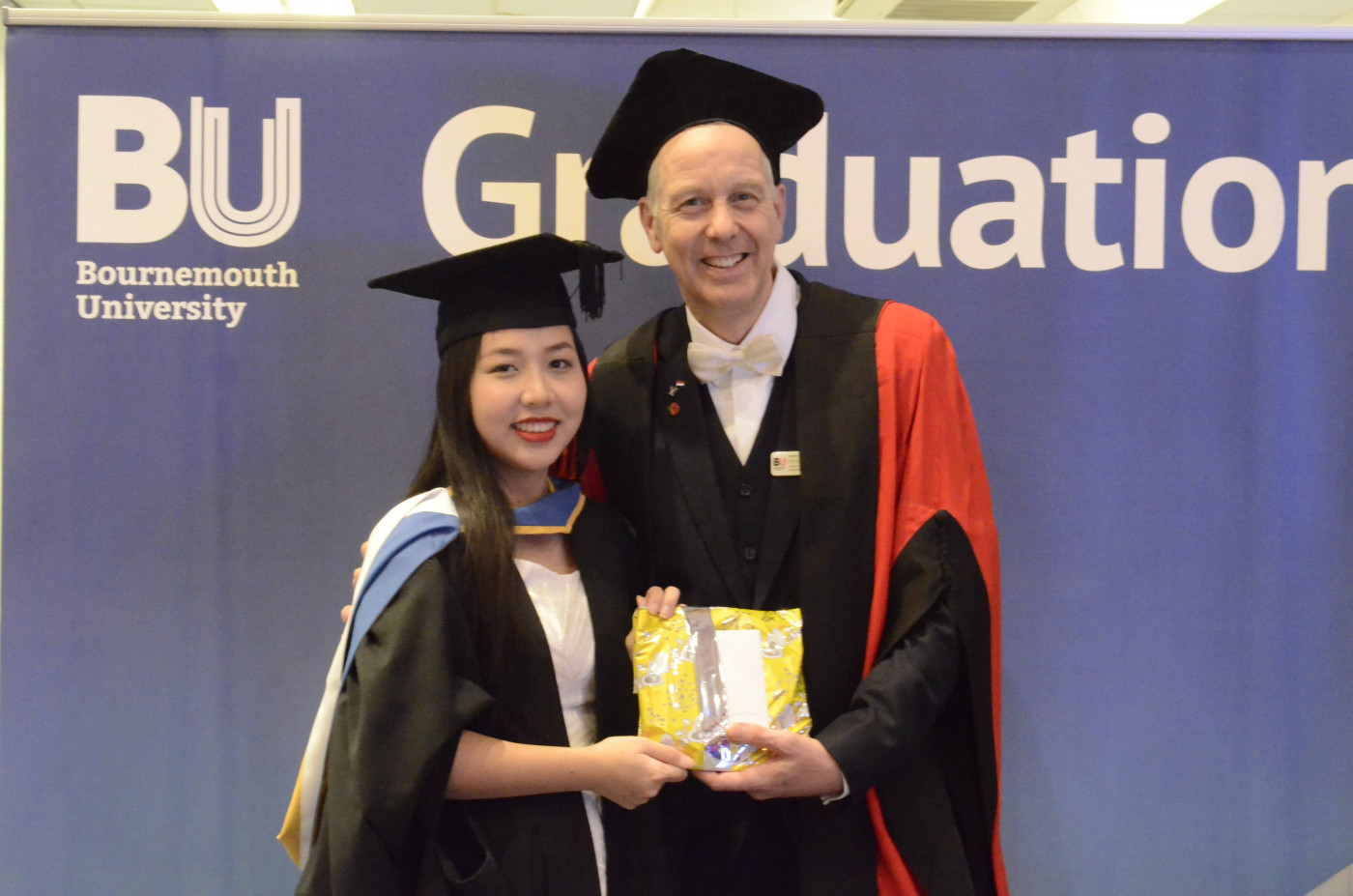
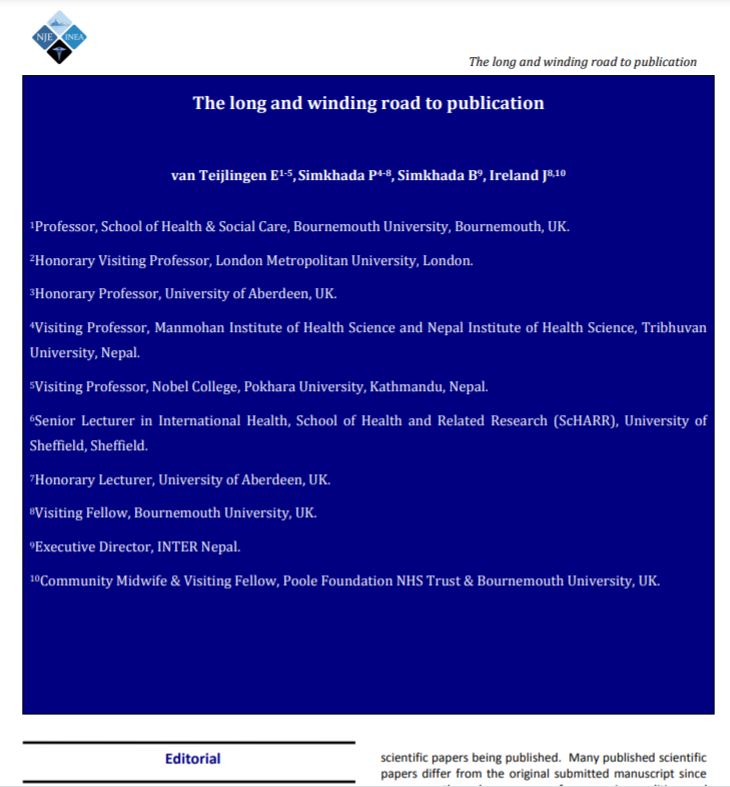
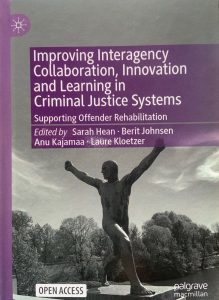
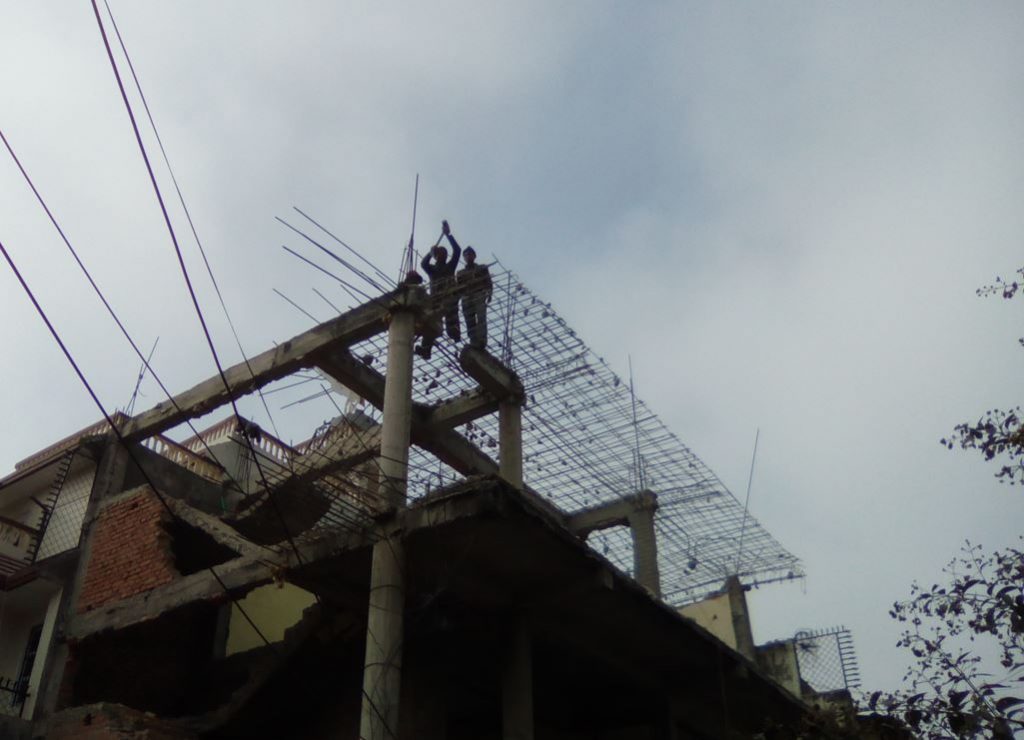

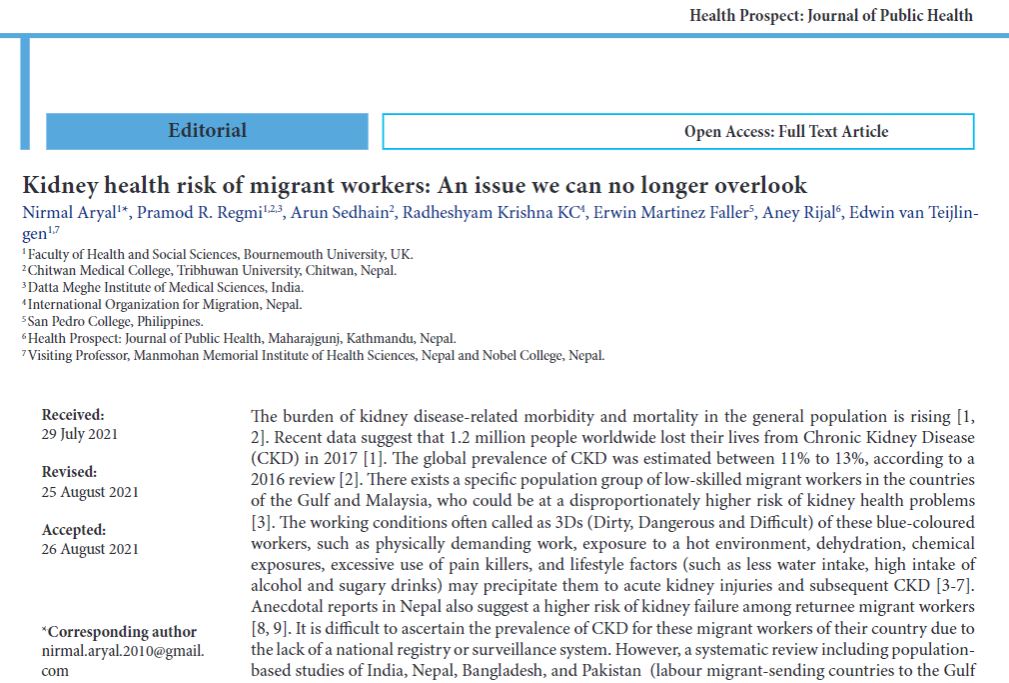











 Upcoming opportunities for PGRs – collaborate externally
Upcoming opportunities for PGRs – collaborate externally BU involved in new MRF dissemination grant
BU involved in new MRF dissemination grant New COVID-19 publication
New COVID-19 publication MSCA Postdoctoral Fellowships 2024
MSCA Postdoctoral Fellowships 2024 Horizon Europe News – December 2023
Horizon Europe News – December 2023